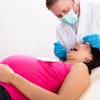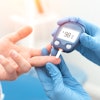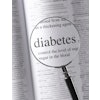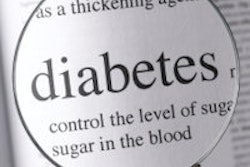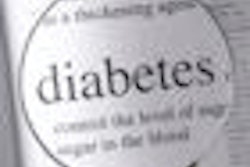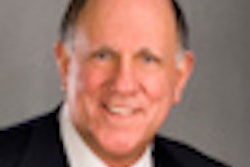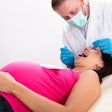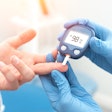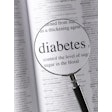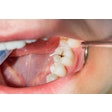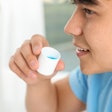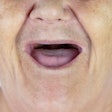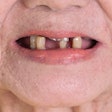The National Institutes of Health (NIH) has awarded Shiela Strauss, PhD, a professor of nursing at the New York University Colleges of Nursing and Dentistry, a two-year, $336,433 grant to study diabetes screening in dental patients.
The R15 grant builds on Dr. Strauss' earlier work of assessing the accuracy, acceptability, feasibility, and consequences of using oral blood to screen patients with periodontal disease for diabetes in periodontal practices, according to the university.
Dr. Strauss' team conducted a pilot study at a periodontics clinic to examine a potentially useful intraoral approach to blood testing for diabetes using hemoglobin A1c (HbA1c) levels. The team collected samples of both finger-stick blood (FSB) and gingival crevicular blood (GCB) from periodontal patients (the latter occurring naturally on probing their periodontal pockets).
The study results showed high specificity (90%) and sensitivity (93.3%) of the GCB HbA1c values relative to the FSB HbA1c values. The study also demonstrated patient and provider preference for the GCB approach, as they were more comfortable with the provider collecting blood samples in the patient's mouth.
For this new study, Dr. Strauss and colleagues will recruit 500 patients with periodontal disease who seek care at 14 general practice clinics at the New York University College of Dentistry during a 15-month period, addressing the following aims:
- Assess the accuracy of patients' HbA1c test results using GCB relative to FSB HbA1c readings.
- Examine patient and provider views on the GCB diabetes screening approach's acceptability and feasibility.
- Assess the psychological impact to patients participating in diabetes screening at dental visits.
- Compare sociodemographic and clinical characteristics of patients with a positive screening result who follow up with a healthcare provider within three months and those who do not, thereby illuminating potential barriers and facilitators to follow-up.
If results demonstrate that the GCB HbA1c screening is accurate, feasible, and acceptable, with minimal psychological impact on patients, and leads to timely follow-up with a healthcare provider, Dr. Strauss intends to seek additional funding to further examine its usefulness on a broader scale.
